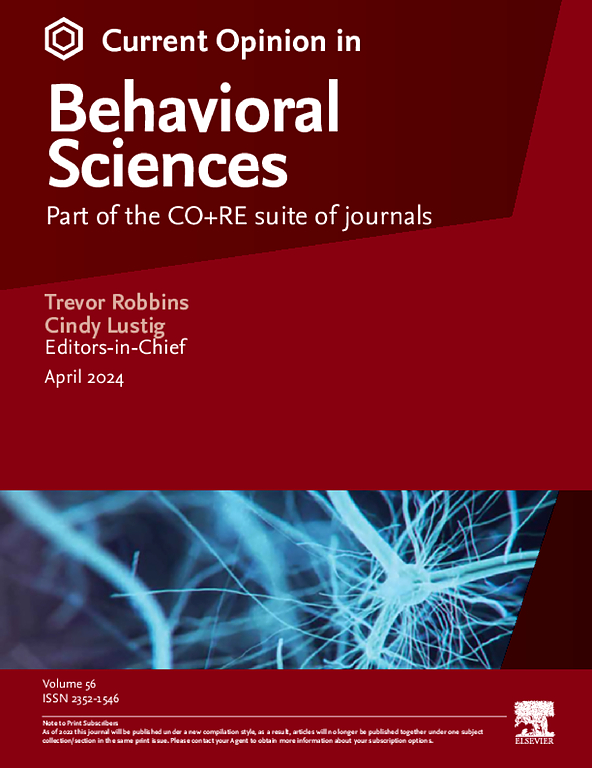Quantitative rigor through critical consciousness: bridging methods in education research
IF 4.9
2区 心理学
Q1 BEHAVIORAL SCIENCES
引用次数: 0
Abstract
This article explores how critical theory informs quantitative methods to tackle systemic inequities in education. We critique traditional quantitative training that prioritizes procedural rigor without examining assumptions and advocate for intersectional regression models, specifically Multilevel Analysis of Individual Heterogeneity and Discriminant Analysis (MAIHDA) and Bayesian approaches. We also address challenges like missing data and model uncertainty through strategies like multiple imputation and compatibility intervals, enhancing methodological robustness, and ethical integrity. We introduce the concept of educational debts to shift the focus from individual deficits to systemic responsibilities, highlighting the practical and theoretical benefits of these approaches. Ultimately, this article guides researchers in using quantitative tools that acknowledge identity and power dynamics, aiming to foster more equitable scientific inquiry.
批判性意识中的定量严谨性:教育研究中的桥梁方法
本文探讨了批判理论如何为定量方法提供信息,以解决教育中的系统性不平等。我们批评传统的定量训练,它优先考虑程序的严谨性而不检查假设,并提倡交叉回归模型,特别是个体异质性和判别分析的多层次分析(MAIHDA)和贝叶斯方法。我们还通过多种策略来解决数据缺失和模型不确定性等挑战,如多重输入和兼容间隔,增强方法稳健性和道德完整性。我们引入教育债务的概念,将重点从个人赤字转移到系统责任,强调这些方法的实践和理论好处。最后,本文指导研究人员使用承认身份和权力动力学的定量工具,旨在促进更公平的科学探究。
本文章由计算机程序翻译,如有差异,请以英文原文为准。
求助全文
约1分钟内获得全文
求助全文
来源期刊

Current Opinion in Behavioral Sciences
Neuroscience-Cognitive Neuroscience
CiteScore
10.90
自引率
2.00%
发文量
135
期刊介绍:
Current Opinion in Behavioral Sciences is a systematic, integrative review journal that provides a unique and educational platform for updates on the expanding volume of information published in the field of behavioral sciences.
 求助内容:
求助内容: 应助结果提醒方式:
应助结果提醒方式:


